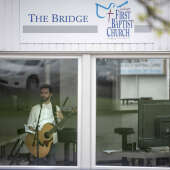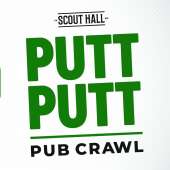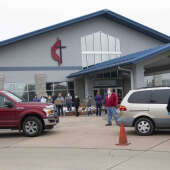4 foods your pet should avoid this holiday season
Tuesday, November 17, 2020

Before you gather around the table this holiday season, make sure these foods are NOT within your petsí reach.
1. Bones. While dogs and cats have a natural inclination to chew, we do not recommend giving them leftover bones. Real bones can splinter, leading to choking, intestinal blockage or tears in your petís digestive system. Give your pet a nylon-based chew toy. In fact, suitable chew toys and treats can stimulate your petís gums, help control bad breath and even scrape plaque off their teeth.
2. Raw meat. While cats and dogs are meat-eaters, serving them raw meat is not ideal in todayís kitchen. Raw meat can harbor harmful bacteria like E. coli. Plus, several common seasonings, such as onions, garlic and chives, could irritate your petís stomach. It is best to keep any uncooked meat and items you are defrosting away from your petís reach.
3. Yeast. Everyone loves homemade breads and baked goodies, even our pets. However, if your cat or dog ingests yeast dough, they could experience substantial gas, which could rupture their stomachs or intestines. Bread-based treats should make up less than 10% of your petís diet, according to the American Veterinary Medical Association.
4. Xylitol. Itís a fancy word, but it spells "danger" in vet medicine. Xylitol is an artificial sweetener used in candies, gum and many diet foods. Xylitol causes insulin release in most animals, which could lead to lowered blood sugar levels. The vomiting, tiredness and coordination problems can progress to seizures, liver failure, or even death. Avoid setting out candy dishes and keep an extra eye on your pet when the desserts are on the table.
Overall, if you notice your pet behaving differently or becoming sick, do your best to figure out if he or she has come into contact with harmful foods. Watch for vomiting, diarrhea, discolored urine or lethargy. Please do not hesitate to call your veterinarian so we may help ensure the holidays are a joyful time for all, including our pets.
Dr. Brian Heuring is a veterinarian at Cape Small Animal Clinic.






























